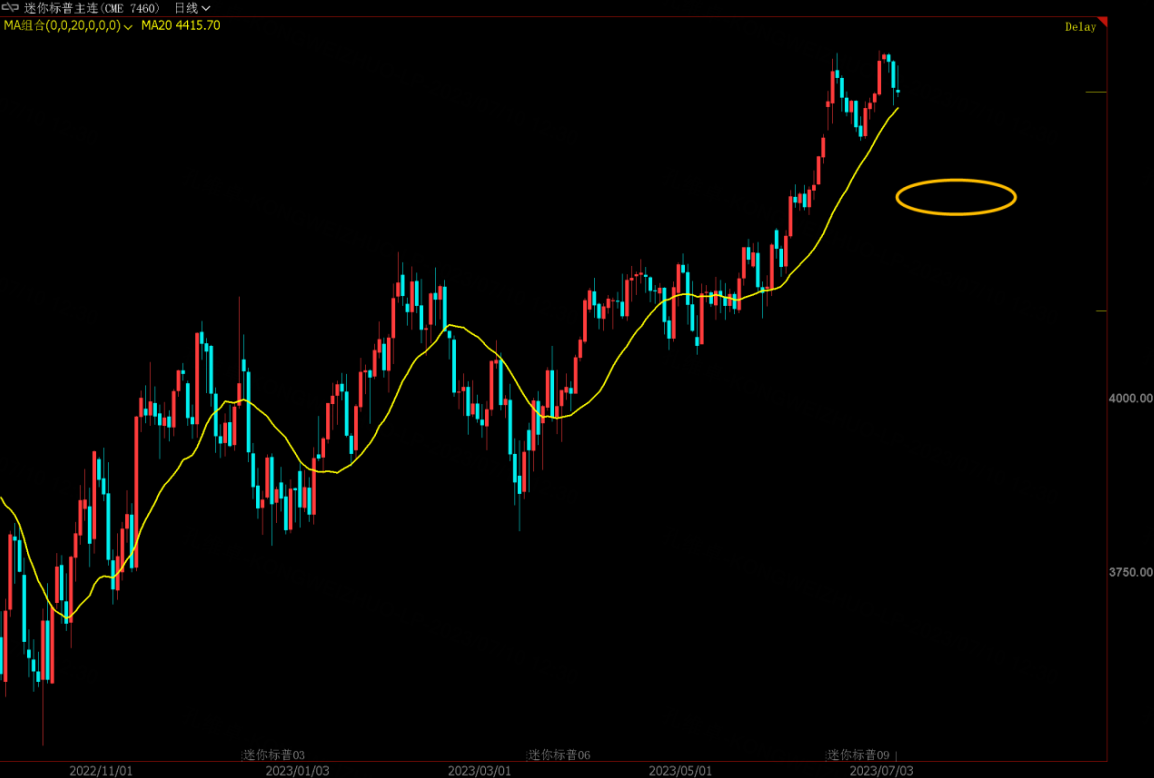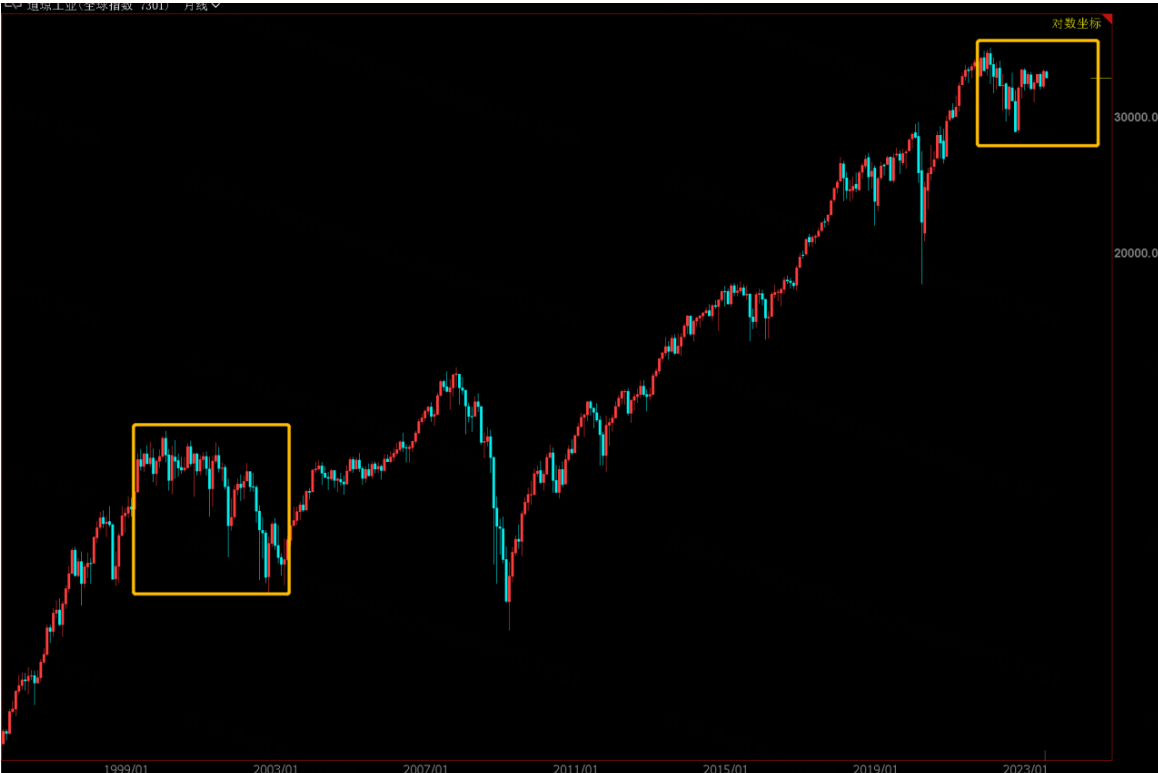US Stocks Market Correction May Have Begun, When The NFP Outcome Was Lower Than Expected
Last week's non-agricultural data hype can be described as “Very violent fluctuation”. The small non-agricultural data greatly exceeded market expectations, which made the market think that the economy was still hot, while the subsequent big non-agricultural data severely hit the market, and the data was lower than market expectations, which made many analysts at a loss.
One thing you need to pay attention to is that,The US stock market has always been sensitive to the publication of reports, and usually before the publication of important reports, there will be a series of small reports playing outposts, while small non-agricultural reports are outposts, which are usually used by the market to tempt investors, while big non-agricultural reports are the reports that really reflect market trends, so experienced investors usually don't pay too much attention to small non-agricultural reports, even if they reflect some market trends in advance, but relatively speaking, the trend after the announcement of big non-agricultural reports is the most credible trend in the US stock market. This is the case last week. Friends who are optimistic about US stocks need to be cautious.
Since the beginning of this year, the main logic of U.S. stocks has always been when the recession is expected to come. Although the market always thought that the recession would come under the disturbance of the banking crisis in the first half of the year, every time the big non-agricultural data was released, it was better than expected. Under this favorable report, it was difficult for U.S. stocks to prove the signs of recession. Until last week's non-agricultural report, it was the first time this year that the non-agricultural data was lower than the market expectation, and this report is probably the "evidence" that the market has been expecting to prove that the economy began to decline.
The reason why "evidence" is urgently needed is that the market expects the Federal Reserve to cut interest rates quickly to stimulate the economy. However, the current inflation has eased, but the economy has weakened. It can be said that everything is ready and only needs the east wind. As long as the follow-up non-agricultural data continues to be weak, the recession expectation will come again to depress the stock market.
How to deal with the US stock index.
At present, under the pressure of data, the US stock index has reached an important supporting position of the 20-day moving average. Once it falls below, the stock index will enter a state of correction, and may even form a high point this year. As the stock index rose rapidly in the first half of the year, it is suggested that everyone hedge their positions first, or reduce their positions in long positions, and then re-intervene after the market correction. Taking S&P as the standard, 4300 will have short-term support. Let's first look at the support strength of this position before deciding whether to intervene, while Nasdaq will first look at the position of 14500.
Among the trends of American stock indexes, the trend of Dow is the most similar to that around 2000. Although it did not fall sharply, it did not rise.
Around 2000, US stocks were also in the process of expecting and realizing economic recession, which was similar to the current fundamental situation, so the trend was similar. Although the degree of differentiation among different indexes is quite different from that in the past, it cannot be ruled out that some indexes have shown more extreme trends due to the economic recession. Therefore, we may wish to observe more investment opportunities among different indexes.
$NQ100 Index Main Connection 2309 (NQmain) $$SP500 Index Main Connection 2309 (ESmain) $$Dow Jones Main Link 2309 (YMmain) $$Gold Main Link 2308 (GCmain) $$WTI Crude Oil Main Link 2308 (CLmain) $
Disclaimer: Investing carries risk. This is not financial advice. The above content should not be regarded as an offer, recommendation, or solicitation on acquiring or disposing of any financial products, any associated discussions, comments, or posts by author or other users should not be considered as such either. It is solely for general information purpose only, which does not consider your own investment objectives, financial situations or needs. TTM assumes no responsibility or warranty for the accuracy and completeness of the information, investors should do their own research and may seek professional advice before investing.



Great ariticle, would you like to share it?